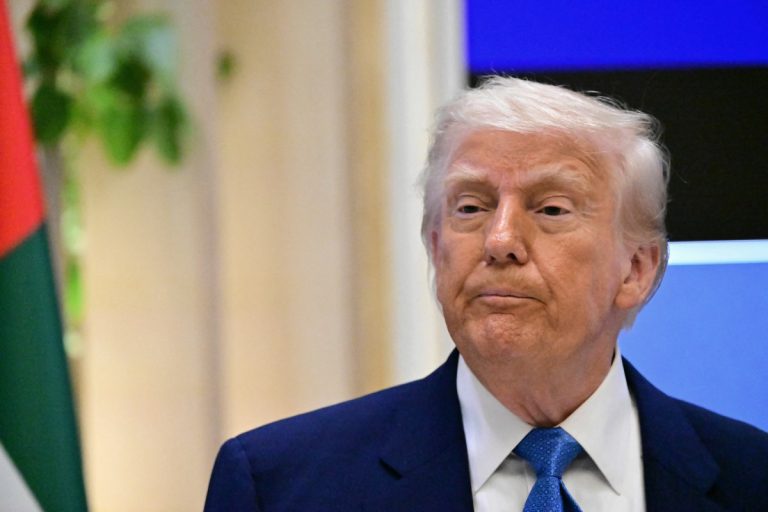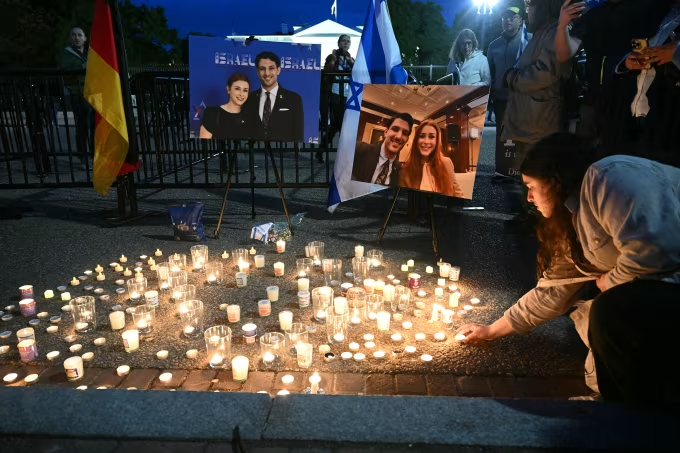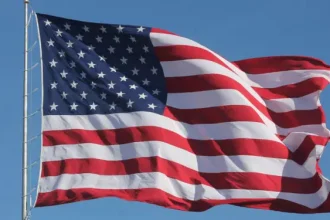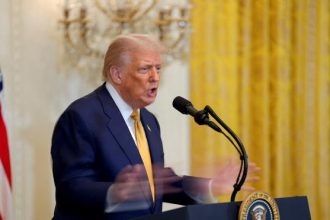A United States appeals court on Wednesday struck down President Donald Trump’s executive order restricting birthright citizenship, upholding a lower court’s decision to block the nationwide policy.
The ruling marks another legal setback for the controversial order, which has faced multiple court challenges since its introduction.
The Ninth Circuit Court of Appeals rejected the administration’s argument that a federal judge in Seattle had overstepped by issuing a nationwide injunction against the order.
Judge Ronald Gould, writing for the court, stated, “We conclude that the district court did not abuse its discretion in issuing a universal injunction in order to give the States complete relief.”
The court reasoned that limiting the injunction to specific states would be ineffective, as differing citizenship rules across state lines could create legal complications for individuals moving between states.
The appeals court also found the substance of Trump’s order unconstitutional, directly contradicting the 14th Amendment’s guarantee of citizenship to anyone born on US soil.
“The district court correctly concluded that the Executive Order’s proposed interpretation, denying citizenship to many persons born in the United States, is unconstitutional. We fully agree,” Gould wrote in the ruling.
Trump’s executive order sought to deny automatic citizenship to children born to undocumented immigrants or those on temporary visas – a dramatic departure from longstanding constitutional interpretation. While the Supreme Court recently ruled against the use of nationwide injunctions in general, it avoided addressing the constitutionality of this specific order last month.
The current 6-3 conservative-majority Court instead focused on the procedural issue of judicial authority, which Trump nevertheless hailed as a “giant win.”
Legal challenges continue to mount against the birthright citizenship policy. Earlier this month, a federal judge granted class-action status to all children potentially affected by the order and issued a preliminary injunction halting its implementation while litigation proceeds. The Supreme Court left open the possibility that such class-action lawsuits could still block executive orders, even as it restricted other forms of nationwide injunctions.







